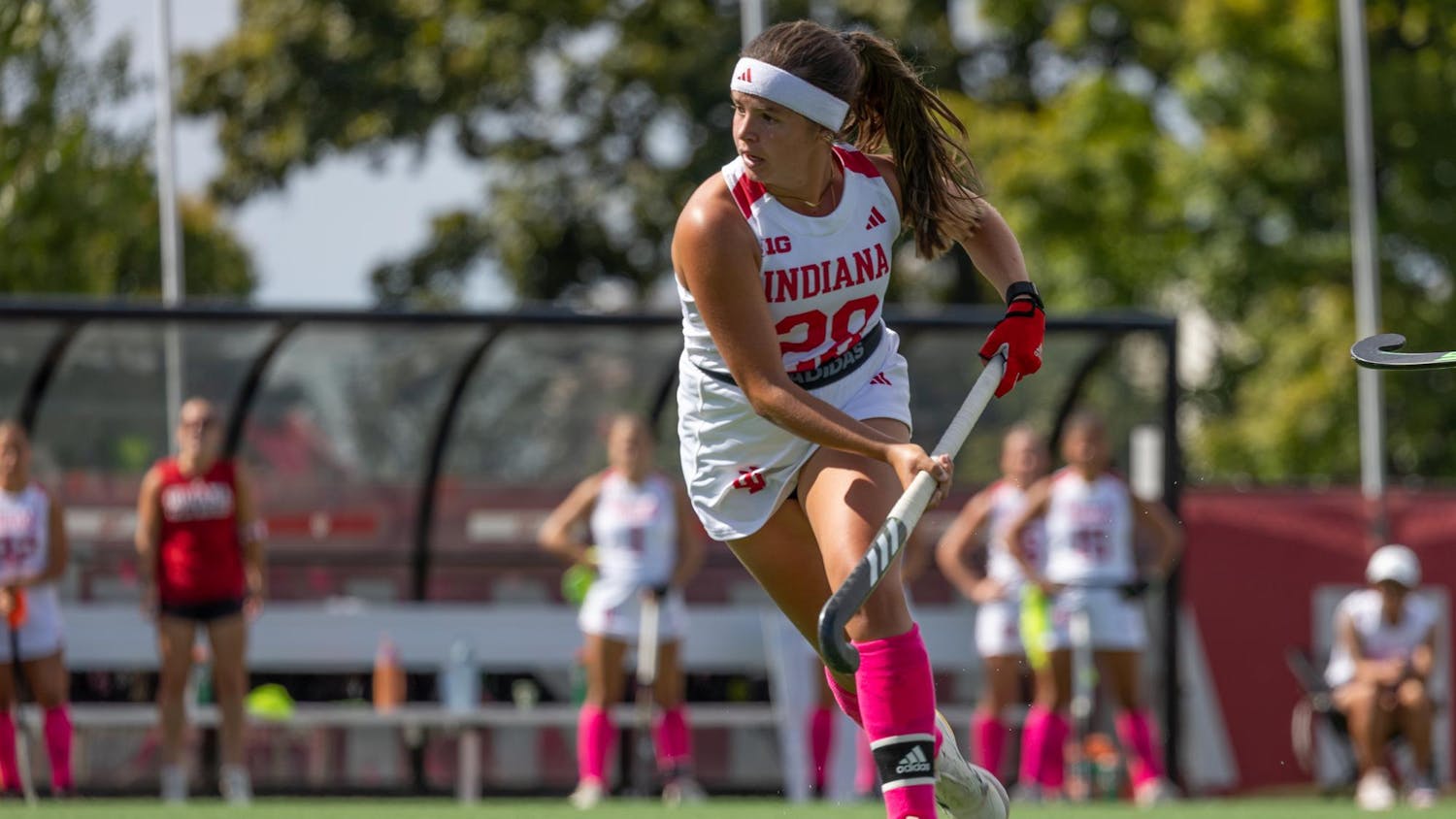What if I told you that a premium Division I football player could represent a value of over $1 million to his home institution?
I wouldn’t be lying.
According to a 2011 study from Claremont McKenna College, college football’s top athletes are valued anywhere from $409,652.60 to $1,038,657.38.
And what do the athletes get in return? A $40,000 college scholarship.
In the wake of all that has happened in the news lately — from Ohio State University football players selling their memorabilia and receiving discounted tattoos to Reggie Bush having to return his Heisman Trophy because he accepted money from an agent — the debate over whether or not college athletes should be allowed to receive extra benefits has again taken center stage.
And rightfully so. The rules governing amateurism in college sports are as illogical as they are draconian and need to be changed.
For my first two-and-a-half years as a college student, I was a walk-on sprinter on IU’s track team. While I was never a standout athlete, my experience inside the system opened my eyes to just how wrong it is.
As the rules stand now, highly skilled basketball and football players must wait before they enter the NBA or NFL after high school.
While the athletes can do anything during this time, most enroll in college and compete within the NCAA.
And herein lies the biggest injustice in the system.
Athletes whose athletic skills are valued in the hundreds of thousands or even millions of dollars are forced into a college system that pays them $40,000 and controls their lives off the field.
They can’t get a summer job because they are required to be on campus to practice, they can’t work at an internship so their résumé looks bare after graduation and their off-campus activities are monitored by administrators through social networking sites which take away their privacy.
Some say, “but they are getting a free education.” Yes, you’re right. But just because that holds some value to you doesn’t mean it does for all athletes.
In many instances, these top athletes don’t want to be in college in the first place. They understand their athletic abilities will give them a hefty paycheck one day and would rather cultivate those talents than sit in a classroom.
You see this disregard for scholarship often. In athletic departments across the country, including the one here at IU, academic advisers are advising their athletes on how to get their degree with as little effort as possible.
They tell them what classes are easy A’s and figure out ways for their athletes to take as few courses as possible without jeopardizing their eligibility with the NCAA.
But even the easy classes and low credit hours are not enough to get some athletes into class.
Sometimes an athlete will place so little importance on school that their academic advisers have to actually meet them at their classes to make sure they go and sometimes even sit in with them so they stay.
This is the culture you get when you tell an athlete who doesn’t care to go to college that he has to go.
Until 2005, an athlete could go straight to the NBA from high school. Well, not anymore.
After Lebron James, the NCAA realized the profits it was missing out on and got in cahoots with the NBA to force talented basketball players into college for at least a year.
Could you imagine the opportunity costs for James if the system forced him through the schoolhouse gates?
Instead of the seven year, $90 million contract with Nike and the three year, $12.96 million contract with the Cavaliers, James would have gotten a measly $40,000 in the form of a college scholarship that he would never put to use.
But let’s say James did have to go to college before he entered the NBA. Imagine the risks involved.
What if he suffered a career ending injury? Not only would he never play basketball again, but he would also never make those millions.
And to what benefit? Because someone believes athletes should receive a college education?
I say it’s nonsense. If you are going to keep these rules in place, at least let athletes receive outside benefits.
It’s the least the NCAA could do for those who are forced to make their schools millions of dollars and forgo huge professional salaries.
It’s about time colleges recognize the value of their athletes
Get stories like this in your inbox
Subscribe





